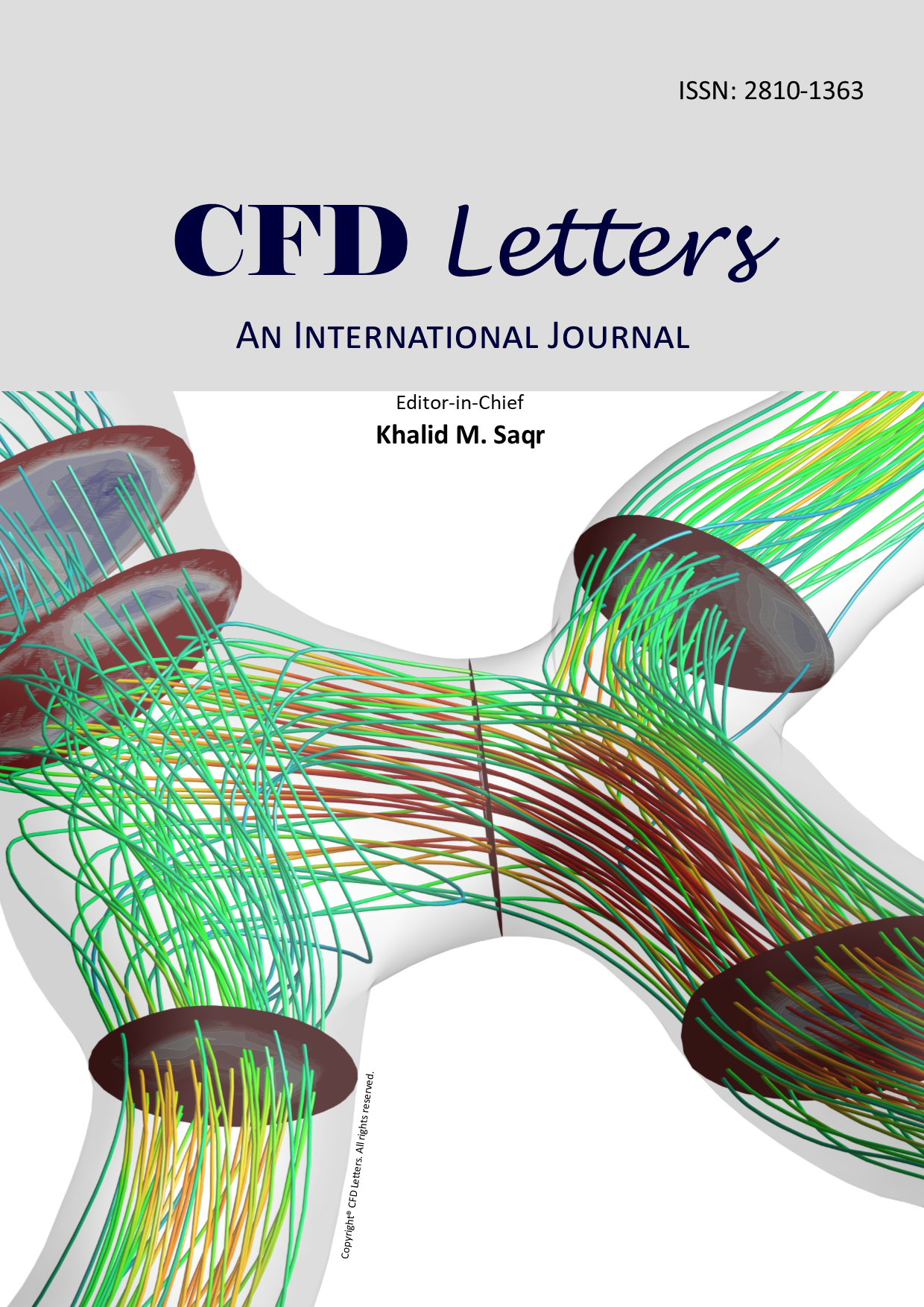Body Shape Selection of "Bono Kampar" For Urban Concept Student Car Formula to Fulfill Indonesian Energy-Saving Standards (“KMHE”) with Aerodynamic Analysis
DOI:
https://doi.org/10.37934/cfdl.12.12.104114Keywords:
Coefficient of drag, coefficient of lift, drag force, drag lift, energy lossesAbstract
The body shape of a vehicle and the structure need to be considered when designing a vehicle. In addition, the shape of the body tends to significantly affect the vehicle's energy use to counter aerodynamic forces due to wind loads. Therefore, this research aims to determine the body length, width, height, wheel base and ground clearance of vehicles in the selection of Bono Kampar for Urban Concept Car Formula to Fulfill Indonesia Energy-Savings Standards (“KMHE”) with Aerodynamics Analysis. The methods used to create four models of vehicle bodies are dynamic simulation on Computational Fluid Dynamic software are coefficient drag, lift and bland force. The result showed that the car body design needs to have the smallest drag coefficient. This is because when vehicles have a large drag coefficient value, it tends to greatly influence its efficiency or performance. Furthermore, this is useful for minimizing fuel usage, and in allowing the vehicle to reduce the friction force caused by air while driving. The Computational Fluid Dynamic (CFD) software is used to obtain drag coefficients, which is used in Solid works Flow Simulation. From aerodynamic simulation results on four alternative car bodies carried out in this study, the smallest Cd (Coefficient Drag) is the second car body model, which has Drag Coefficient (Cd) of 0.21 Pa.













